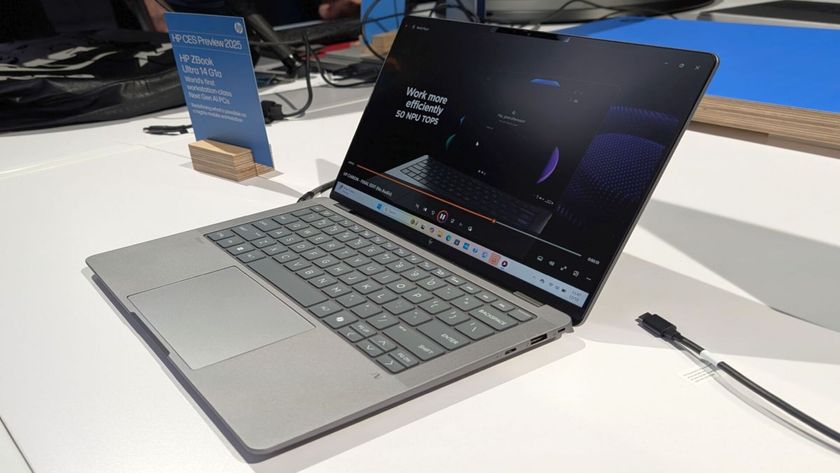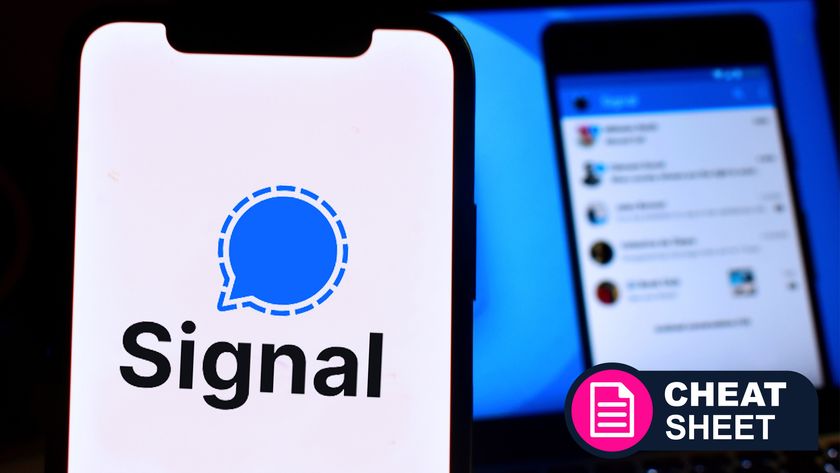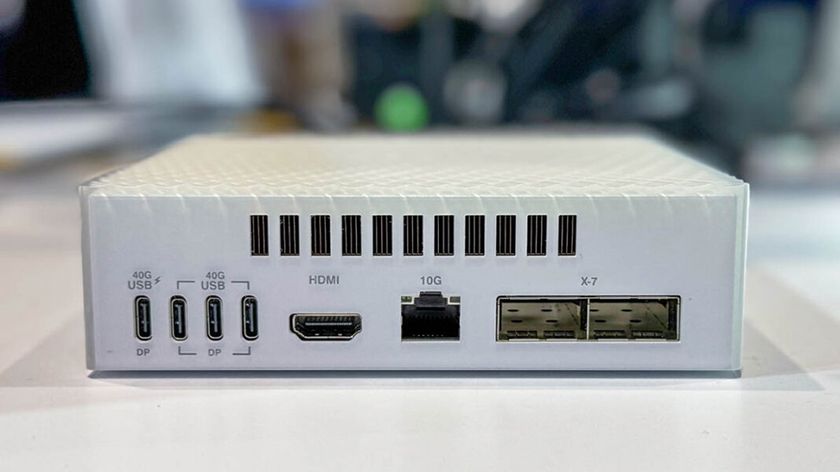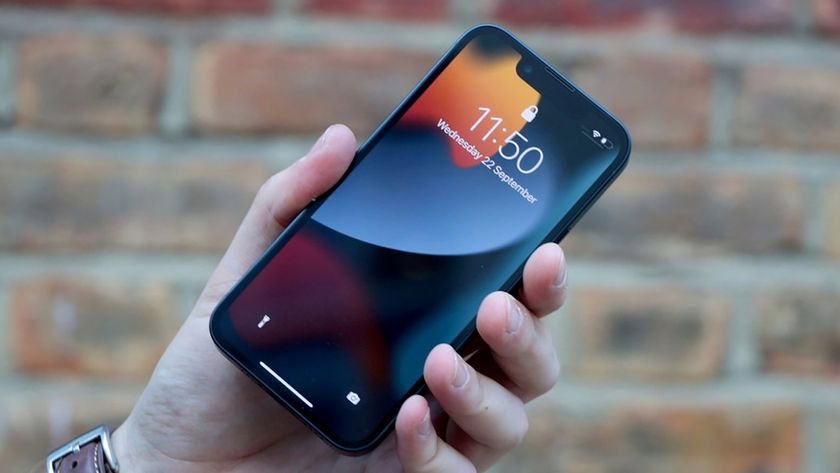The Lumia 950 and Windows 10 Mobile won't save Microsoft's phone business
But they're a great start
Perhaps where Microsoft has the most work to do, however, is with mindshare - an area that has potential to be a bigger battle than even the app situation. Windows Phones just haven't resonated with most potential buyers for a myriad of reasons, which is ultimately reflected by the overwhelming 97% market share held by Android and iOS combined. Solving the app issue is likely to alleviate the biggest concerns from prospective buyers, but Microsoft is going to have to do a bit more if it is to make a decent dent in the mobile sphere.
Unfortunately, while Windows 10 Mobile packs some impressive and alluring features, I'm not entirely convinced the Lumia 950 and 950 XL are the handsets that are going to pull the average smartphone consumer away from the latest iPhone or Android device.
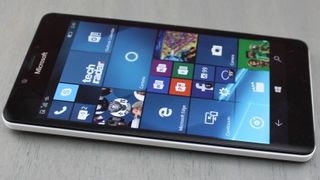
Spread the message
Ultimately, this is where Microsoft's marketing and word-of-mouth advertising from the currently small, but extremely loyal and vocal, Windows Phone fan base comes in. For now, the real attraction of the new Lumias lies in the hands of Windows 10 Mobile with universal apps and innovative features like Continuum, which allows users to turn their phone into a full desktop experience with the help of a monitor and one small accessory.
If Microsoft and the Windows Phone faithful can successfully show people not only the devices themselves, but what they can do with Windows 10 Mobile and how it works with the Windows 10 machines they already own, then we may see Microsoft start to turn the ship around.
One trojan horse that Microsoft does have is the business sector. As iOS and Android have been staking claims on the enterprise over the last couple of years, it hasn't been exactly clear where Windows Phone stood. With Windows 10 desktop and mobile, as well as Microsoft's increasing push into cloud services, it seems that the company is now making a case worth considering for the market.
Following the launch of Windows 10, Microsoft debuted a portal for businesses to manage segregated app stores, from which IT administrators can maintain and deploy suites of business specific apps to employee machines. It's a boon for tech departments trying to manage potentially thousands of devices, and it's reasonable to assume this same approach will be applied to Windows 10 Mobile as well.
Additionally, Microsoft has opted to employ some interesting security tech with the latest Lumias as well in the form of an iris scanner. Though it's a much different approach than Apple and Google have taken with fingerprint sensors, Microsoft's step into biometric security with Windows Hello and its iris scanning technology is an important piece of the puzzle for businesses concerned with the security risks in losing a mobile device.
Are you a pro? Subscribe to our newsletter
Sign up to the TechRadar Pro newsletter to get all the top news, opinion, features and guidance your business needs to succeed!
Combine all of this with the allure of tighter integration between a business' mobile and desktop deployments, and there's certainly a case to be made for Windows 10 Mobile in the enterprise.
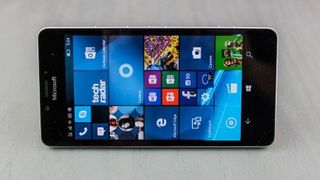
Recipe for success?
It's easy to be both hopeful and skeptical of the future success of Microsoft's mobile efforts. On one hand, Satya Nadella's rise to CEO brought a new, more nimble Microsoft to the fore that seems to have shaken off the cruft of the old guard with a fresh approach in all areas, including mobile. Not to mention the fact that everyone loves a good underdog story (just look at the excitement surrounding the BlackBerry Priv).
On the other hand, Microsoft is dealing with a fairly mature market in which it has repeatedly failed to consume any meaningful share for the last five years. Throw in swaths of entrenched Android and iPhone fans, most of which are now firmly invested (whether monetarily or emotionally) in their respective platforms, and it's unclear if Microsoft can make any decent headway in the near term.
And yet, that might be okay. As much as I'm sure Microsoft would enjoy a sudden surge to the top of the mobile market, CEO Satya Nadella has consistently pushed the message of Windows as a service since his arrival at the company's helm. Through this platform-agnostic, cloud-first model, we've seen Microsoft make a concerted effort to bring as many of its services to as many platforms as possible. And Windows Phones, while important, are only a piece of this puzzle. When people can access Word, OneDrive, Bing, Groove Music, Outlook, and all of Microsoft's other services no matter what platform they're using, Microsoft has gained valuable company mindshare in place of platform mindshare.
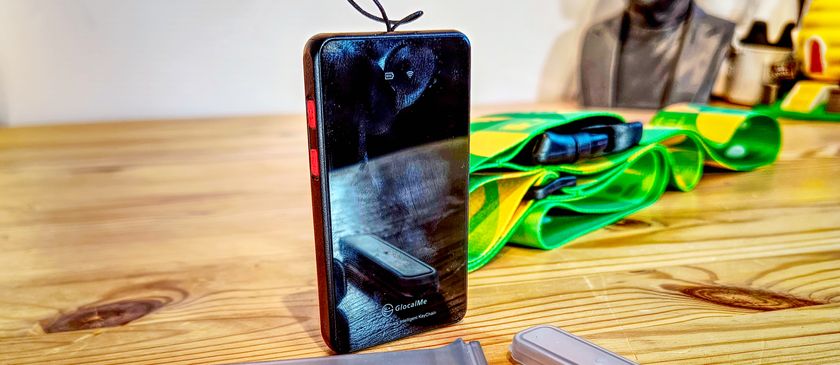
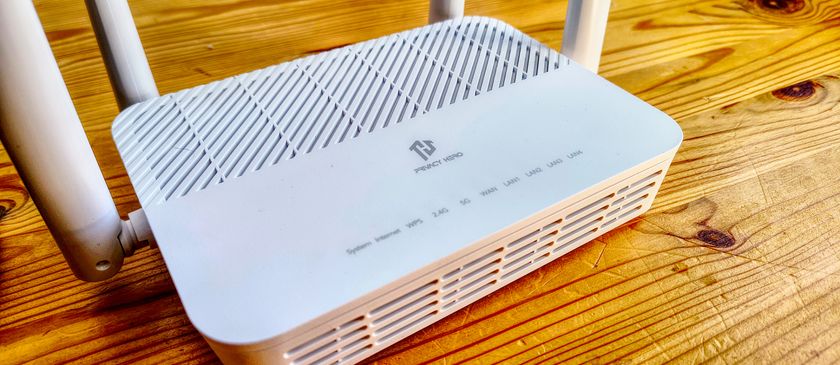
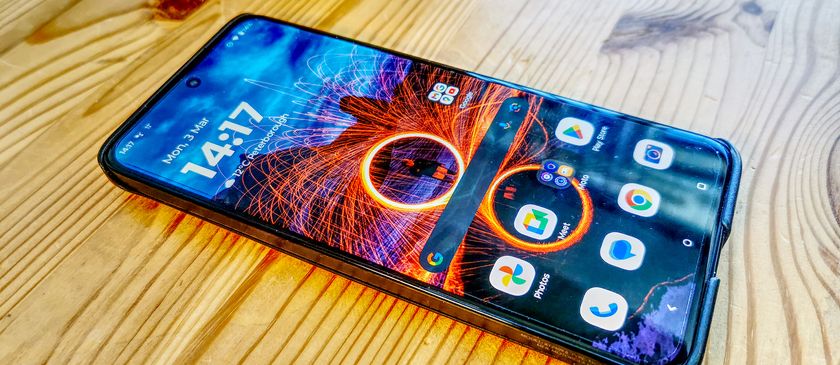
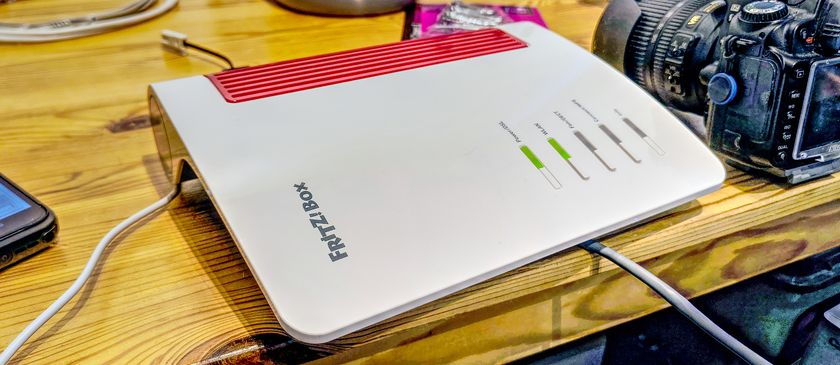
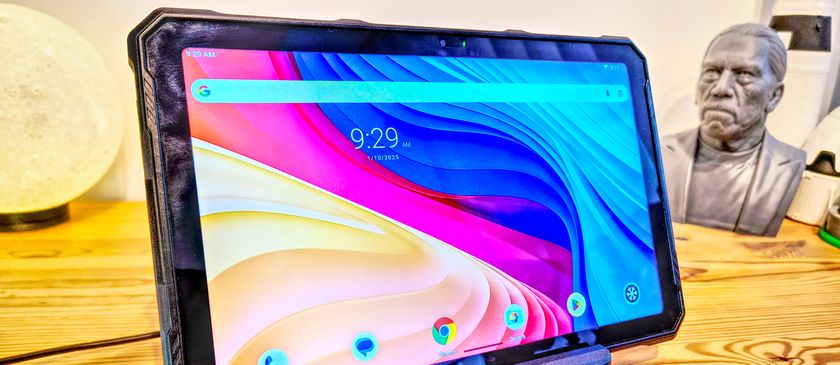
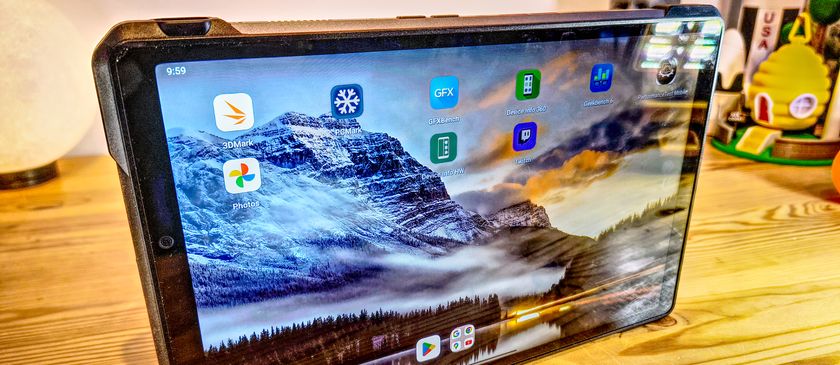
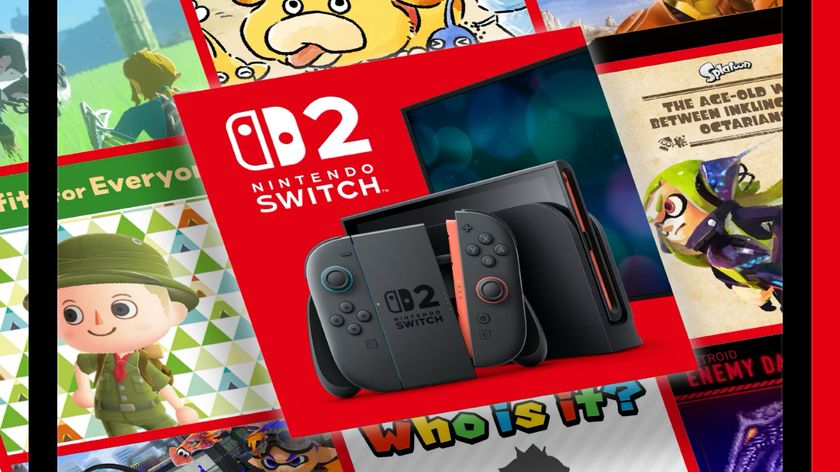

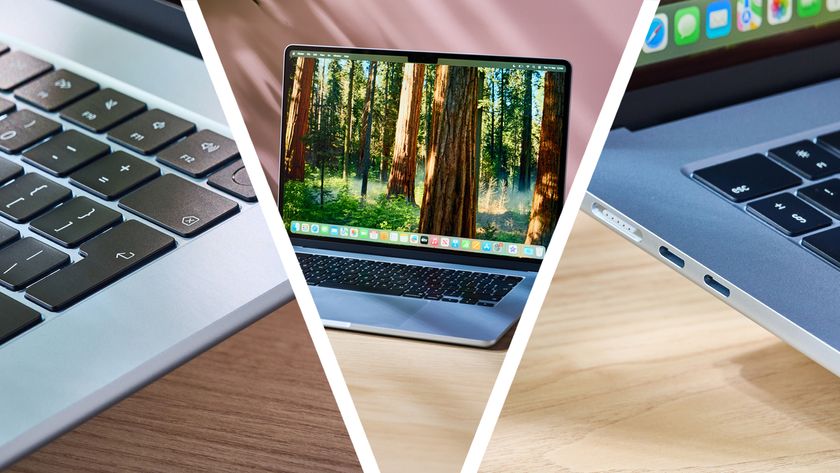




Privacy Hero II VPN Router

When I tested this global tracker, it trounced the Apple AirTag in so many ways

